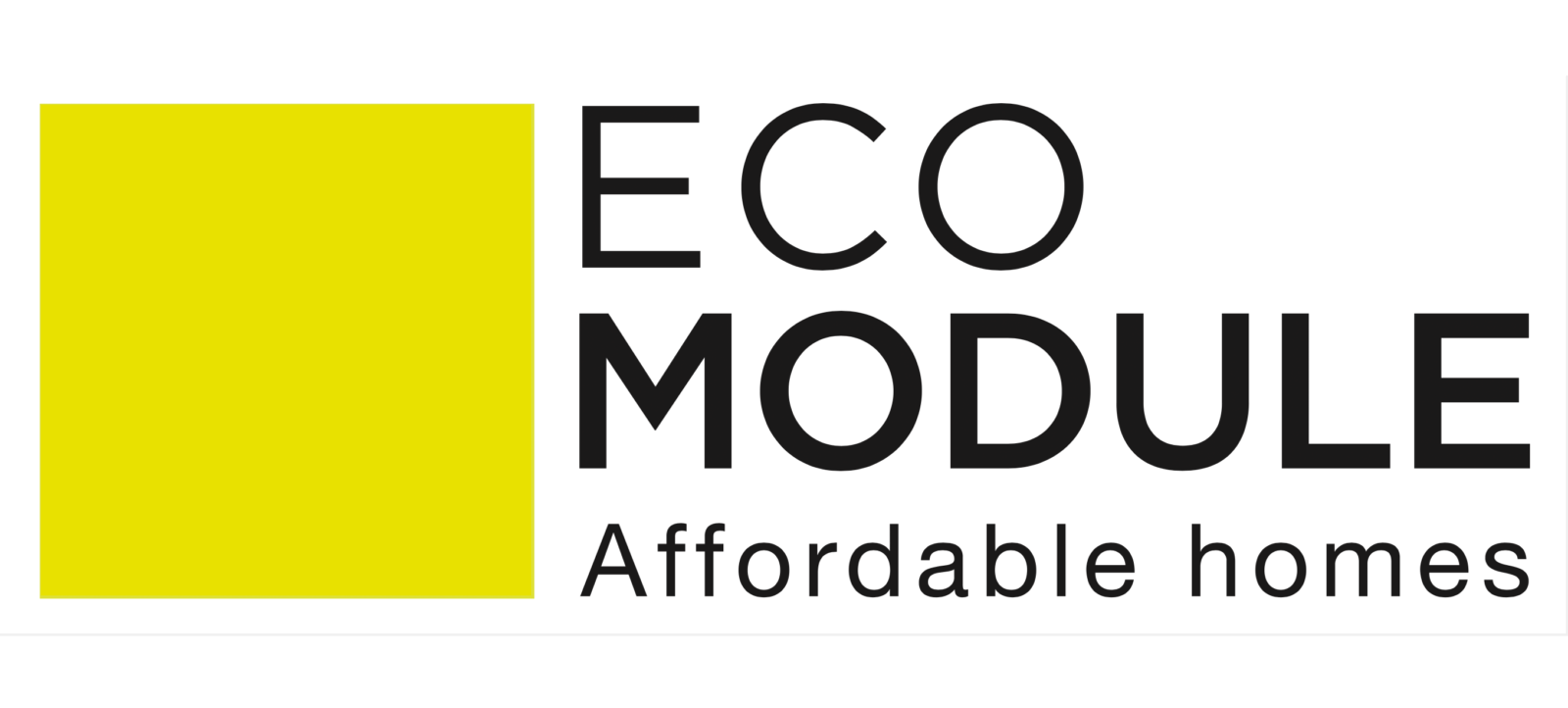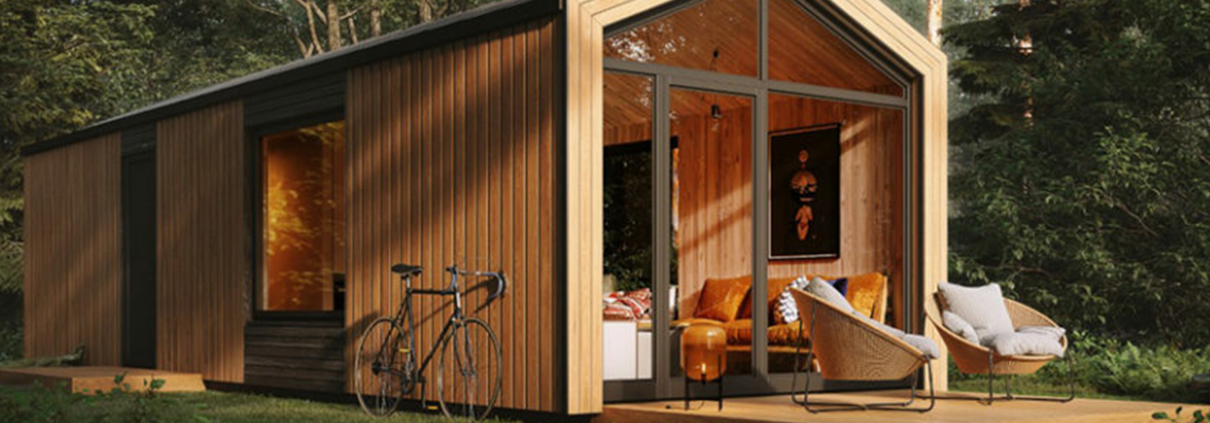Urban diversity with modular housing construction
In the midst of rapid global population growth and the accompanying urbanization, cities are facing a multitude of challenges, particularly in the area of housing supply. In this dynamic, modular housing presents itself as a pioneering concept that brings efficiency, affordability and adaptability to the urban landscape.
With their optimized construction process and precise manufacturing, modular homes offer a quick response to the urgent need for housing in rapidly growing cities. Unlike traditional construction projects, which are often subject to delays and cost increases, modular homes can be built within a short timeframe, helping to alleviate the housing shortage and reduce the burden of construction activities in urban areas.
Modular construction also allows for flexibility in the design of urban space and land use. From inner city developments to revitalization projects, modular housing developments can be seamlessly integrated into different urban environments, maximizing the efficiency of land use and revitalizing derelict sites.
Furthermore, modular homes promise affordable housing in increasingly expensive urban markets. By optimizing production processes and scaling production, modular housing developments can offer affordable housing solutions without compromising on quality or design. This affordability not only meets the housing needs of different population groups in the city, but also promotes the social integration and economic stability of urban communities.
Overall, modular housing unlocks the full potential of urban development by providing a scalable, efficient and flexible solution to the complex challenges of urbanization. As our cities continue to grow and change, the introduction of modular housing concepts is crucial to creating a sustainable, inclusive and liveable urban future.

